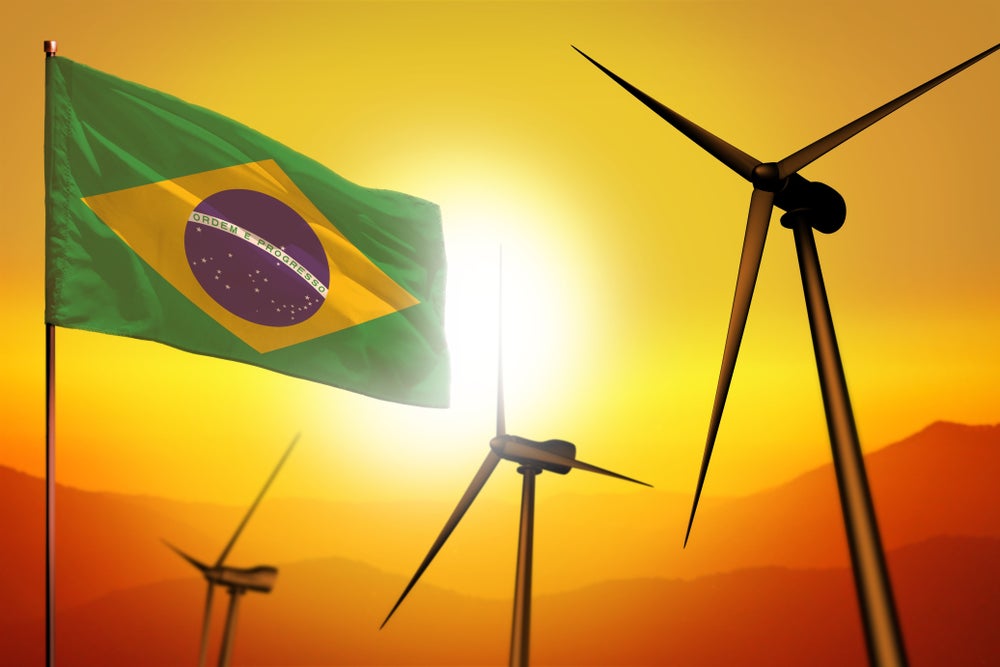Since regaining power in January 2023, President Lula has quickly proposed new environmental legislation to push Brazil to become a green and decarbonized powerhouse.
Lula’s election involved key messages of eliminating deforestation and updating previous net-zero targets with initial aims of 2050 being brought forward to 2030.
Initial efforts to protect Brazil’s rainforests under policies linked to the Amazonian Deforestation Prevention and Control Plan find their roots in Lula’s first term in office two decades ago. Since re-election, policy makers have updated the plans which include specific forestry codes and the issuing of credit loss and fines for noncompliance. Under such legislative changes, in half a year, there is already noticeable and positive environmental progress toward reaching these targets.
The problem of deforestation in Brazil
Under the previous Bolsonaro administration, deforestation reached a decade long high, increasing by almost 60%. This was an alarming development as deforestation puts habitats at risk of one of the most biodiverse rainforests in the world. The deforestation process also increases carbon levels as there is a reduced number of trees to take in carbon from the atmosphere during photosynthesis.
To mitigate these environmental dangers, the Lula administration has enacted legislation to reduce deforestation. It aims to lower and offset Brazil’s carbon, helping the country reach its net-zero targets. The legislation has proved effective. Using satellite imagery to compare forest cover between 2022 and 2023, August saw a 66% decrease in deforestation. Cumulatively through Lula’s administration, deforestation has decreased overall by 42%. While the reversal of previous legislation surrounding deforestation and environmental crimes is logistically hard and costly, it is a worthwhile investment and the positive impacts are already showing.
Restoring Brazil’s environmental credibility and attracting foreign investment
Reduced deforestation will boost Brazil’s image in terms of environmental sustainability, helping to regain its previously lost credibility. The new administration has already shown that legislative changes have had immediate and positive effects and that it is willing to do what it takes. Already authorities have issued fines over environmental crimes, motioned anti-logging policies and addressed problems associated with cattle ranching.
How well do you really know your competitors?
Access the most comprehensive Company Profiles on the market, powered by GlobalData. Save hours of research. Gain competitive edge.

Thank you!
Your download email will arrive shortly
Not ready to buy yet? Download a free sample
We are confident about the unique quality of our Company Profiles. However, we want you to make the most beneficial decision for your business, so we offer a free sample that you can download by submitting the below form
By GlobalDataThe government has also expanded investment in green energy in tandem with crediting sustainable industries through green bonds. This has furthered Brazil’s international environmental image by promoting sustainable practices across the country and creating relationships between Brazil and the rest of the world. For example, external investments have come from Europe and the Climate Fund, including €45bn ($48bn) for Latin America.
The country’s investments in renewable energies and reforestation programs are part of its re-industrialization program. This program aims to utilize the abundance of natural products Brazil has to offer and grow the industrial sector; already in Lula’s administration, there has been demonstrated growth in the export of iron ores, up 17% from last year, and expansion into gold mining. While these forms of mining are not the most sustainable of practices, they do encourage economic growth that can stimulate the economy and allow investments into environmentally rich resources and sustainable sectors.
Renewable energy
Deals and licensing agreements for offshore wind farms have also been approved. Petrobas has filed a request for ten areas around Brazil, making it the largest developer of wind power in the country. Other energy companies such as TotalEnergies and Casa dos Ventos are exploring investment options, while the government’s legally approved 50-50 venture between Ocean Winds and Prumo Logistica is scheduled to begin by the end of 2023.
It should also be noted that faith has been put in the country as a future renewable energy leader with Tokio Marine expanding its insurance of wind and solar power into Brazil. By expanding investment in renewable energies, Brazil’s net-zero targets will be more easily met, and a new economic stream can be added to benefit re-industrialization efforts.
By implementing quick legislative turnarounds and policies to tackle deforestation and other environmental abuses, Brazil can now focus on green investments. It can lead as an example of how quickly policies can be reversed and have immediate positive impacts. Such actions are boosting Brazil’s international green reputation, which it stands to lead in good form given its abundance of natural resources and rich biodiversity.









Related Company Profiles
TotalEnergies SE